Spain and Morocco share a storied and intertwined past brought about by hundreds of years of commerce, migration, and cross-cultural exchange. Only 14 kilometers apart from one another along the Strait of Gibraltar, these two neighboring nations continue to share close economic and diplomatic ties. With Morocco continually expanding its infrastructure, economy, and tourism industry, more and more Spanish citizens are exploring the possibility of relocating to this vibrant North African nation.
This comprehensive guide has everything one needs to know about relocating to Morocco as a Spanish citizen, including visa regulations, legal residencies, working, housing, assimilating into Moroccan culture, and more.
Why Relocate to Morocco?
- Accessibility and Proximity: Morocco is just a ferry ride or a short flight away from Spain, making it the ideal location for those who desire to stay close to home yet be exposed to a foreign way of life.
- Affordable Living: Comparing to Spain, Morocco has much lower living expenses, including inexpensive housing, public transportation, and meals.
- Career and Business Opportunities: Morocco’s growing economy, especially for sectors like tourism, renewable energies, agriculture, and textiles, presents opportunities for businesspeople and professionals.
- Enhanced Cultural Life: Spanish immigrants in Morocco may enjoy its contrasting landscapes, its ancient cities Marrakech and Fes, and the coexistence of Arab, Berber, Andalusian, and French influences.
Spanish Citizens’ Entry Requirements
Spanish citizens do not need a visa for short stays (up to 90 days) in Morocco. Nonetheless, to stay, work, or live for an extended duration, a residence permit is required.
Documents Required for Entry:
- Valid Spanish passport (min. 6 months’ validity)
- Accommodation proof (invitation letter or hotel reservation)
- Return ticket (for short stays)
- Travel insurance (optional)
Long-Term Residency Options
Spanish citizens who wish to stay in Morocco for over 90 days are mandated to obtain a residence permit (Carte de Séjour).
1. Work Residency (for Employees)
Requirements:
- Employment contract from a Moroccan enterprise
- Ministry of Employment approval
- Criminal record certificate
- Document showing accommodation in Morocco
- Passport and visa entry stamp
Process:
- Obtain employment in Morocco.
- Arrive in Morocco and apply for a work permit.
- Application submission to local police station (Service des Étrangers).
- Obtain the residence card (1-year validity, renewable).
2. Business and Investment Residency
Requirements:
- Business license or registration with the Moroccan Commercial Registry
- Tax ID number (Identifiant Fiscal)
- Bank account in Morocco
- Office lease agreement or property ownership
Benefits:
- Gateway to permanent residency
- Freedom to engage in other lines of business (consulting, trade, manufacturing)
3. Retirement or Independent Residency
Requirements:
- Proof of having sufficient funds (pension or savings)
- Private health insurance
- Lease or property title in Morocco
- Spanish criminal record certificate
Residence Card Application (Carte de Séjour)
Where to Apply:
- Police station in your city of residence (Service des Étrangers)
Required Documents:
- Copy and original passport
- Entry stamp
- Four passport photos
- Proof of income/employment
- Lease agreement or proof of property ownership
- Medical certificate from a doctor in the city of residence
- Criminal record certificate from Spain and Morocco
- Bank statements
- Application form
- Processing Time: 2 weeks to 2 months
Validity: The 1st card is valid for 1 year and must be renewed each year. You can apply for a 10-year card after 3-5 years.
Housing and Real Estate
- Property is rented or purchased.
- Popular expat areas are Agdal and Hay Riad (Rabat), Maarif and Gauthier (Casablanca), and Medina (Marrakech).
- Foreigners are permitted to acquire property by means of a notary-authenticated deed (titre foncier).
- Renting is simple, with rentals commonly 1 year.
Healthcare and Insurance
- Morocco boasts a mixed public-private system of healthcare.
- Routine care exists in public hospitals, but quality services are recommended through private clinics.
- Recommended Clinic : Cheikh Khalifa Hospital (Casablanca), Clinique Ville Verte (Rabat)
- Spanish nationals need to purchase international health insurance or enroll in a Moroccan private plan (e.g., Saham Assurance, Wafa Assurance).
Opening a Bank Account
Required documents:
- Residence permits or residence proof
- Passport
- Moroccan tax ID (for work or business)
- Recommended banks: Attijariwafa Bank, Banque Populaire, BMCE Bank, CIH Bank
- The accounts can be in MAD, EUR, or USD.
Education for Children
Recommended international schools:
- Lycée Français de Casablanca
- Rabat American School
- British International School of Casablanca
- Spanish School of Tangier
Arabic and French are used in public schools. Private and international schools are preferred by Spanish-speaking expats.
Transport and Driving
- Public transport includes buses, trams (in Casablanca and Rabat), and shared taxis (“grand taxis”).
- Car ownership is widespread; cars are cheap.
- Spanish licenses are accepted for a short time. Conversion is required for longer-term residents.
- Road conditions are good in cities but more mixed in rural areas.
Work and Business
Spanish nationals can:
- Work for Moroccan or international firms
- Establish enterprises across various sectors: tourism, real estate, consultancy, trade
- Benefit from tax advantages in the free zones (e.g., Casablanca Finance City)
NB: French or Arabic language proficiency is highly desirable to guarantee professional success.
Culture and Integration Tips
- Morocco is a Muslim country; dress conservatively and respect the local tradition.
- Arabic and French are spoken extensively; some Spanish is heard in northern Morocco. Social interaction is polite and appropriate.
- Ramadan affects working hours and business hours.
- Join expat clubs, language courses, and local events to assimilate better.
Security and Safety
- Morocco is relatively safe for expats.
- Pickpocketing may be a nuisance in tourist areas; stay alert.
- Political protests are peaceful but should be avoided.
- Emergency numbers: Police (19), Ambulance (15), Fire (15)
Path to Permanent Residency or Citizenship
- You are entitled to ask for permanent residence after 3 years of established legal residence.
- Option to gain citizenship after continuous stay of 5 years (10 years, if not married to a Moroccan).
- Requires adaptation to culture and linguistic proficiency.
It’s more than a continental move from Spain to Morocco; it’s a bridge between two worlds that have influenced each other for centuries. With its affordable cost of living, welcoming communities, and growing economy, Morocco provides Spanish citizens with a practical and culturally enriching relocation experience. By following the legal process and accepting the local culture, Spanish expatriates can live a rich life just across the Mediterranean.


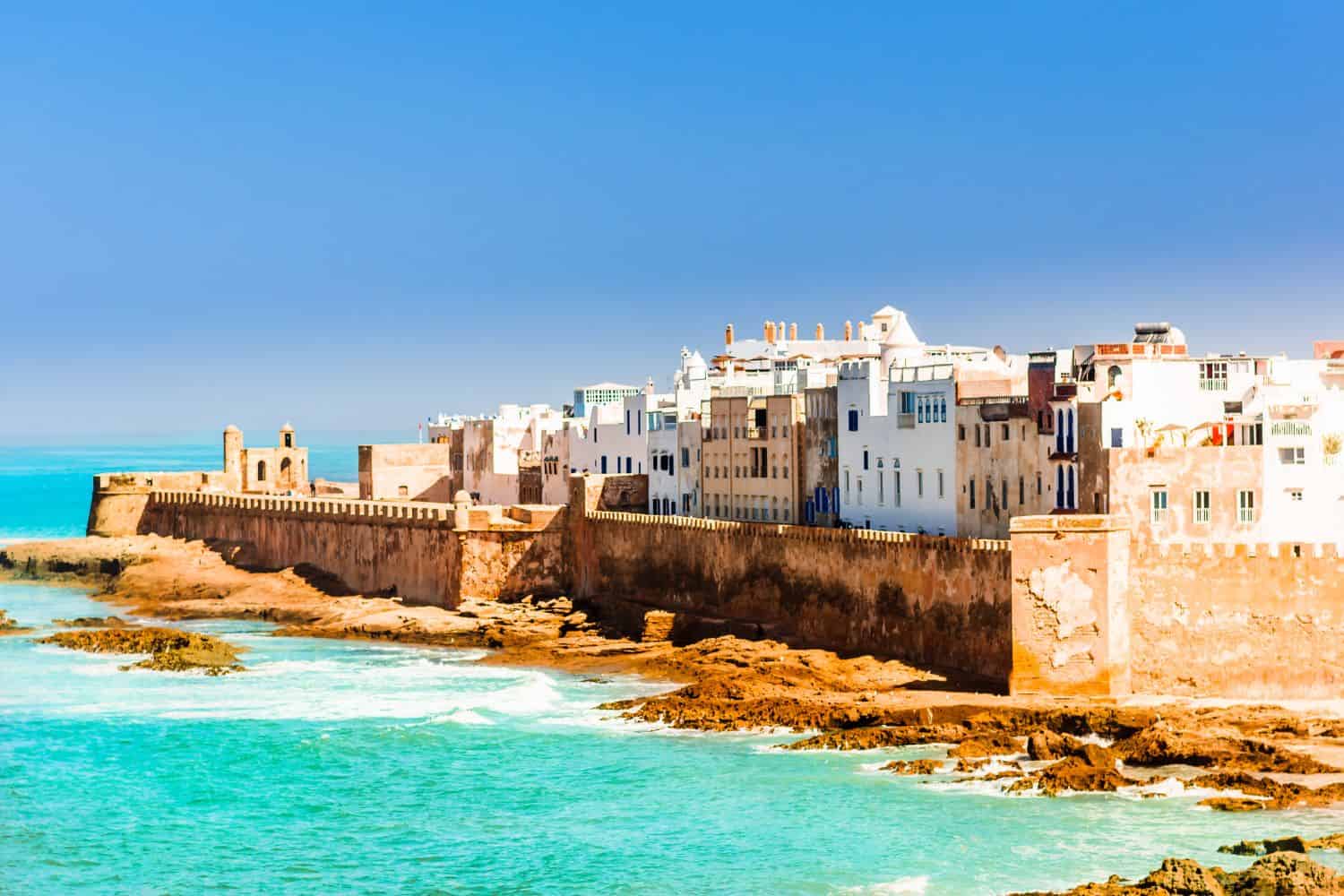
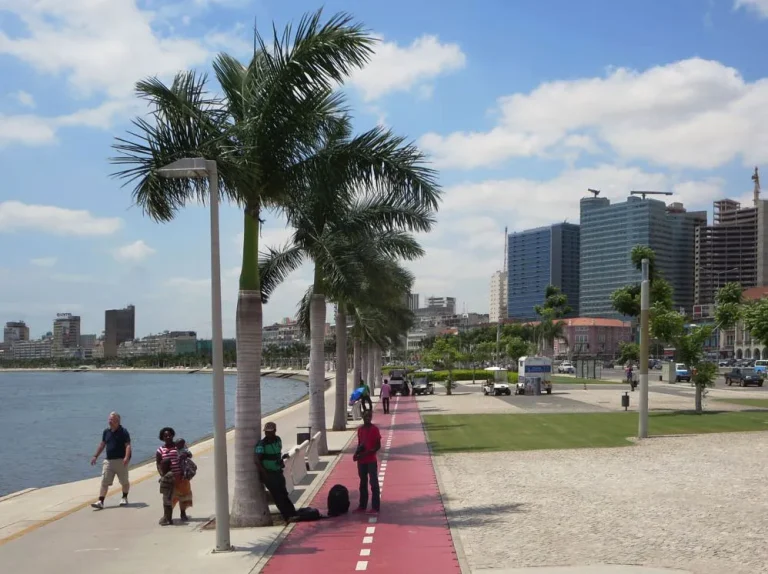
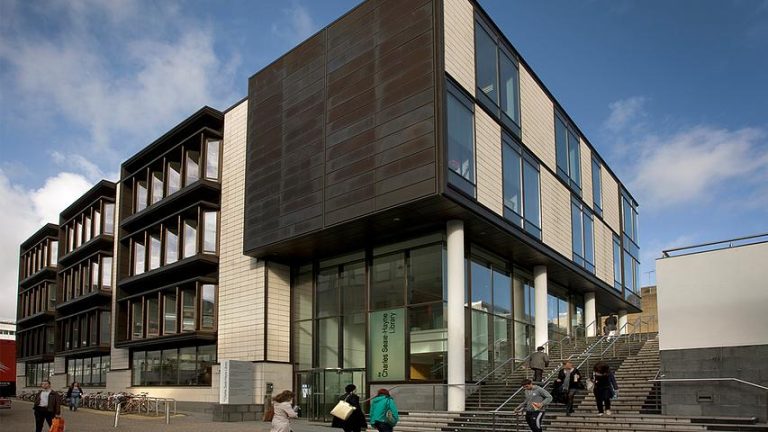
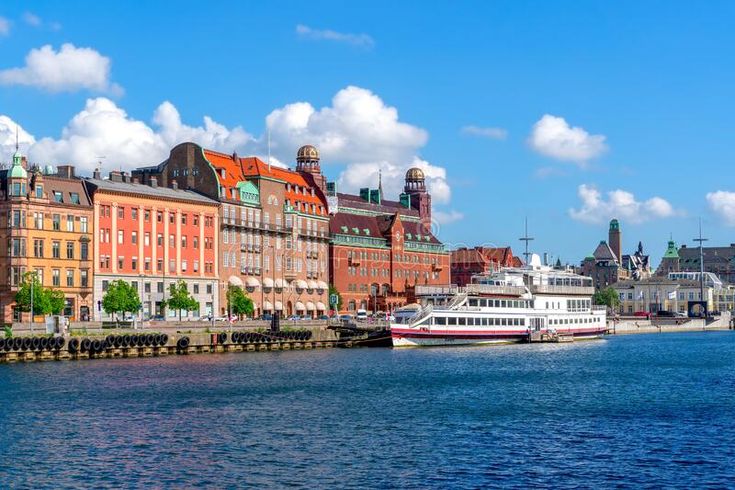
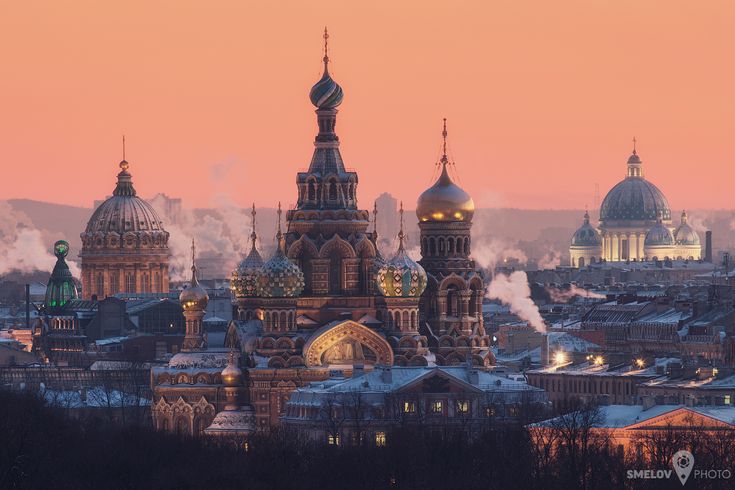
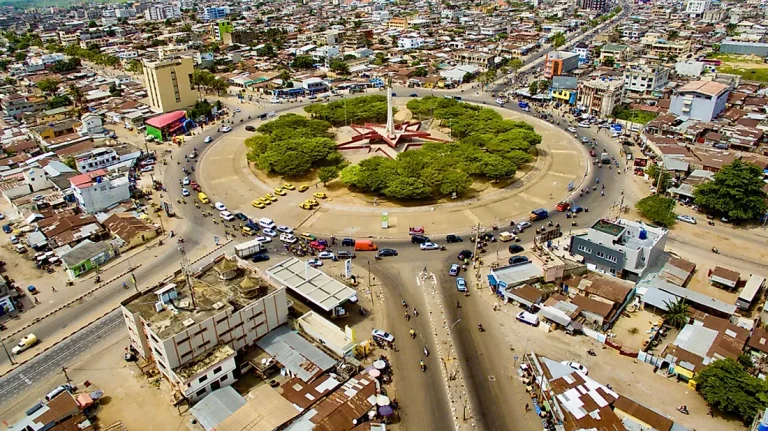
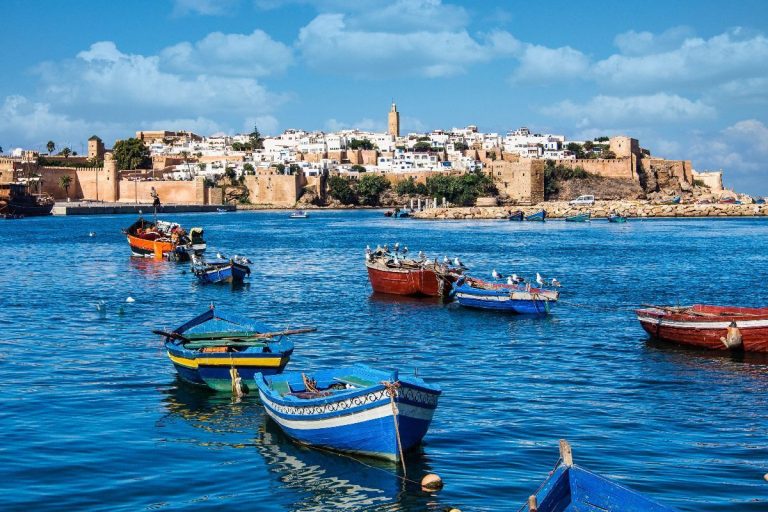
Leave a Comment